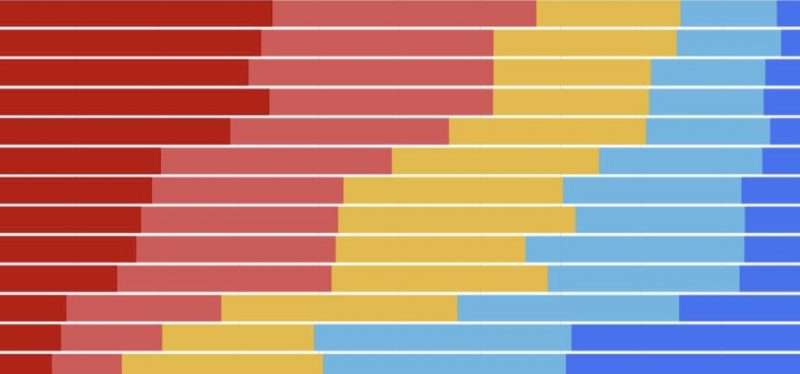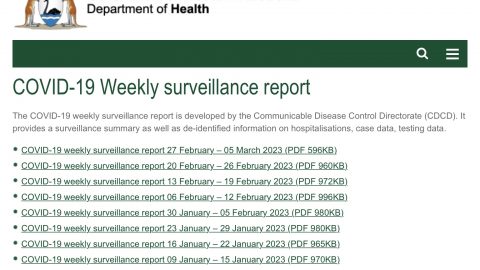Opinion polls about China in Australia have proliferated
First, there is the Lowy Poll, which has been running since 2005. As China becomes more important, more questions are asked on the topic.

Just in the last month, there are also the ACRI/BIDA poll and SMH/Age/Resolve Strategic Poll. These two polls ask a broad range of questions on Australia-China relationships. There is also a more niche poll conducted by the Australia Institute on “Should Australia go to war with China in defence of Taiwan?”
The results of Lowy, ACRI, or SMH/Age polls were unsurprising. But I was surprised by the Australia Institute poll, which found that “A similar number of Australians think China will launch an armed attack on Australia (42%) as on Taiwan (49%)”.
This is astounding… How can Australians believe that the chance of China attacking Australia is on par with China attacking Taiwan?
Interpretations and Cautions
How polls are interpreted and their policy implications usually depend on your pre-existing views. With regards to China, there are two common interpretations. One, the government is responding/acting on valid community anxiety or concerns about China. Two, the government has successfully drummed up anxiety and concerns about China in the community.
In any case, it’s worth remembering that the war in Iraq was never popular in Australia and more actions for climate change is popular in Australia. So the Government often does not implement policies based on public opinions.
Murray Goot wrote an extensive critique of the SMH/Age poll, with a section on China. The critique can be applied to other polls about China. First, Goot observed that large numbers of respondents would have had little or no basis on which to answer. Second, and more interestingly, he believes that the “question format lends itself to acquiescence”.
Having been told that these were all actions that “Australia” had taken — “Australia” being a cue, for most respondents, likely to carry a high positive affect — and knowing little or nothing about the substance of the actions, a substantial number of respondents are likely to have gone down the list, ticking “strongly support” or “support,” one after the other.
Role of race
We must also be mindful of how race and racism shape public opinions. Medenica and Ebner found that for the US:
White Americans who hold racist beliefs are significantly more likely to endorse aggressive military interventions over diplomacy or economic strategies in foreign countries at odds with the United States, if the residents of those countries are perceived as nonwhite.
This is particularly true when it comes to China.
On racism in Australia, 82% of people believed “foreign buyers from China” were “driving up Australian housing prices”, even though foreign property investment has fallen to record lows. What’s the chance that some of these people see East Asians at an auction and immediately think “foreign buyers from China”?
PLEASE HELP US TO GROW FREMANTLE SHIPPING NEWS
FSN is a reader-supported, volunteer-assisted online magazine all about Fremantle. Thanks for helping to keep FSN keeping on!
* This article was written by Yun Jiang, Co-Editor, China Neican and is republished under a Creative Commons Licence. The original article may be found here on The China Story blog.







